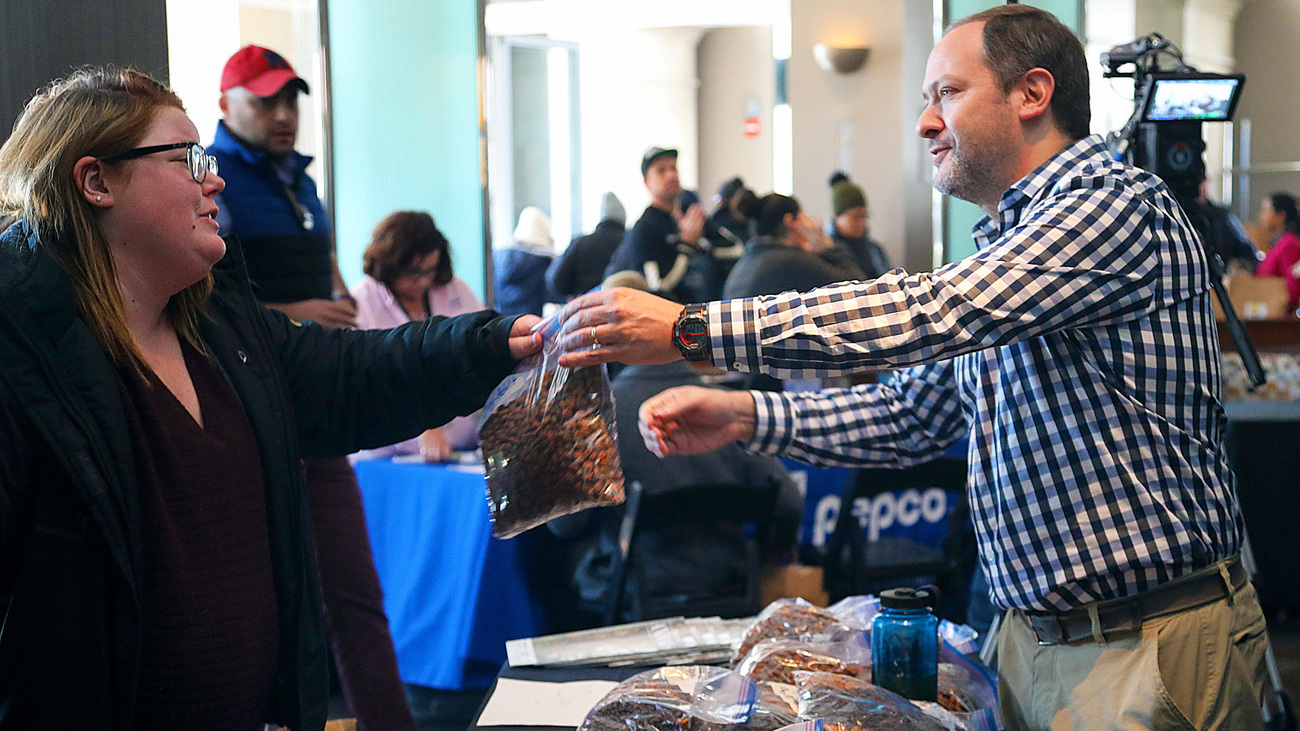Carson Barylak
How a lapse in government funding could impact wildlife worldwide
How a lapse in government funding could impact wildlife worldwide

The looming US government shutdown is a jarring reminder that federal funds are critically important to safeguarding wild animals here at home and around the world. Acknowledging the country’s role in supporting international wildlife conservation efforts, respondents to a recent survey overwhelmingly favored increasing US contributions to imperiled species’ protection and recovery globally. Unfortunately, a government shutdown has the potential to disrupt key conservation and animal welfare programs.
Without continued federal funding, many federal agencies—from the Departments of the Interior and Agriculture to the Department of State—could have their environmental and animal protection activities and programs abruptly curtailed. The Animal and Plant Health Inspection Service (APHIS), for instance, might have reduced capacity to undertake Animal Welfare Act (AWA) enforcement activities, reducing already limited oversight of exploitative wildlife exhibitors and exotic pet dealers. IFAW has worked to save animals from such problematic and often cruel facilities, and our rescuers and partners at true sanctuaries have seen firsthand the inhumane conditions and safety risks that result from inadequate AWA enforcement.
Effective enforcement of the nation’s bedrock environmental laws also hinges on the availability of federal funds. During the last federal government shutdown, expert agencies’ work was significantly constrained. The US Fish and Wildlife Service (FWS), for instance, furloughed much of its workforce, disrupting administration of the Endangered Species Act—one of our nation’s most effective and widely supported wildlife conservation tools. A shutdown could also slow the implementation of more recently enacted animal protection measures like the Big Cat Public Safety Act, for which the agency has been working to develop regulations and adapt enforcement mechanisms.
Offshore, critical efforts to safeguard and recover imperiled marine mammals like the North Atlantic right whale could be hindered, limiting enforcement, research, response, and rescue efforts. The National Oceanic and Atmospheric Administration (NOAA) and the US Coast Guard are responsible for safeguarding imperiled marine species, but the capacities of these agencies have been substantially limited during past shutdowns.
Other federal agencies and programs responsible for safeguarding animals, wildlands, clean air and water, and communities impacted by natural disasters could also see their work impeded while Congress is at an impasse. From the US Agency for International Development (USAID) to the State Department’s Bureau of International Narcotics and Law Enforcement Affairs (INL)—which supported development of the innovative Confiscated Animals: Rescue & Enforcement (CARE) Project—the federal government supports impactful conservation measures around the world.
As leaders in Washington work to identify a path towards reaching an agreement on funding the government, IFAW will continue to emphasize the importance of funding domestic and international wildlife conservation programs. In the event the federal government cannot reach an agreement, IFAW will ensure that we are prepared for all contingencies, as we have done during past shutdowns. In 2019, when a government shutdown lasted for 35 days, IFAW provided support to local communities and helped bag and distribute dog food, cat food, and cat litter to those coming to the resource center.
We were ready then, and we stand ready now.
Related content
every problem has a solution, every solution needs support.
The problems we face are urgent, complicated, and resistant to change. Real solutions demand creativity, hard work, and involvement from people like you.